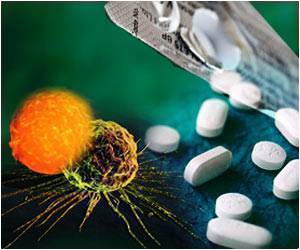
The Heidelberg researchers subsequently used an experimental agent or a method of blocking the gene to turn off HDAC10 experimentally in cell cultures developed from highly aggressive neuroblastomas. They subsequently treated the cells with the chemotherapy agent doxorubicin. In neuroblastoma cells, this treatment normally induces a self-digestion process known as autophagy, a kind of recycling of endogenous cellular components. This is a biologically ancient program for survival that protects cells during starvation. Highly aggressive cancer cells use autophagy to overcome stress caused by cytotoxic agents.
However, in neuroblastoma cells without a functioning form of HDAC10, treatment disrupted the multi-stage process of autophagy of cellular components at a specific point. As expected, these cells were once again rendered sensitive to the anticancer drug. The researchers cross-checked their results by boosting the activity of the HDAC10 gene in neuroblastoma cells. This protected the cells from the consequences of subsequent chemotherapy.
"HDAC10 appears to play a key role in autophagy and resistance to chemotherapy in high-risk neuroblastomas," Olaf Witt summarizes. "In advanced tumors, high levels of HDAC10 may serve as a biomarker for resistance. A drug that specifically turns off HDAC10 might give us a more effective method of treating neuroblastomas that respond very poorly to chemotherapy."
Source-Eurekalert









